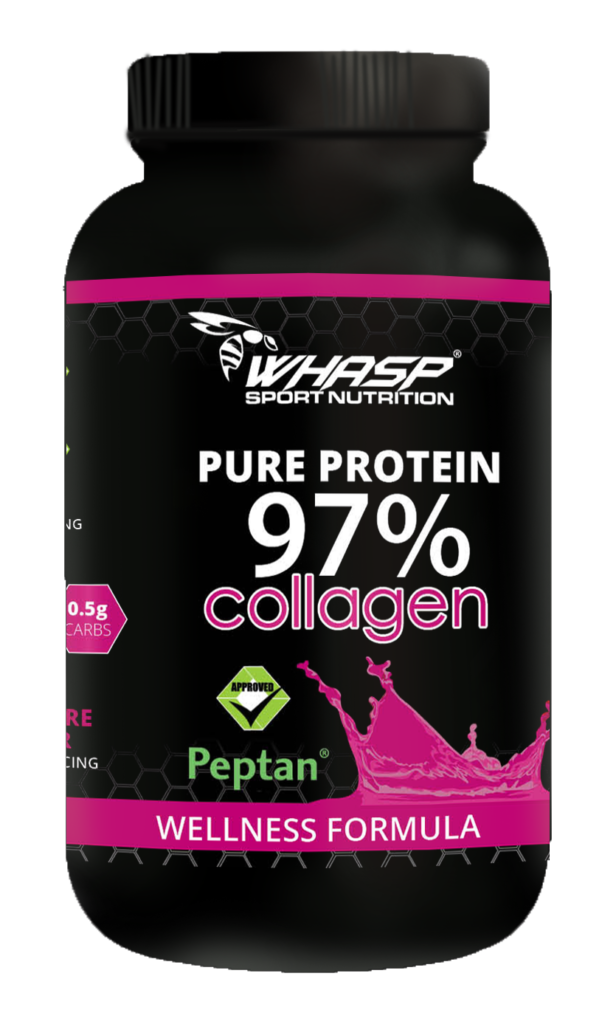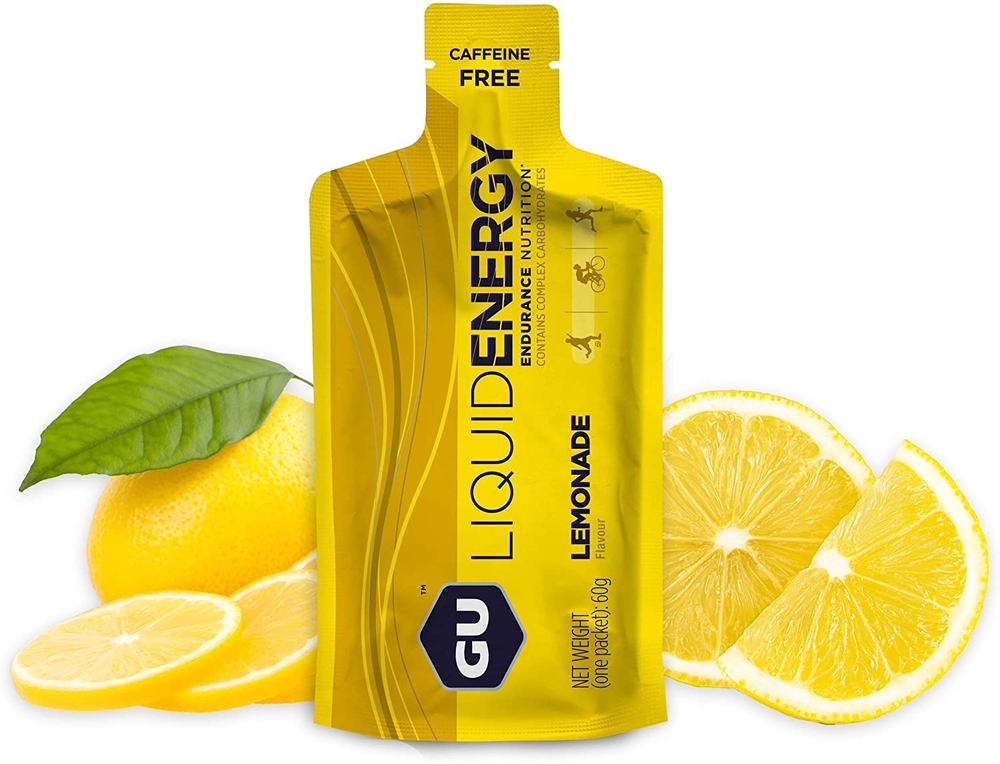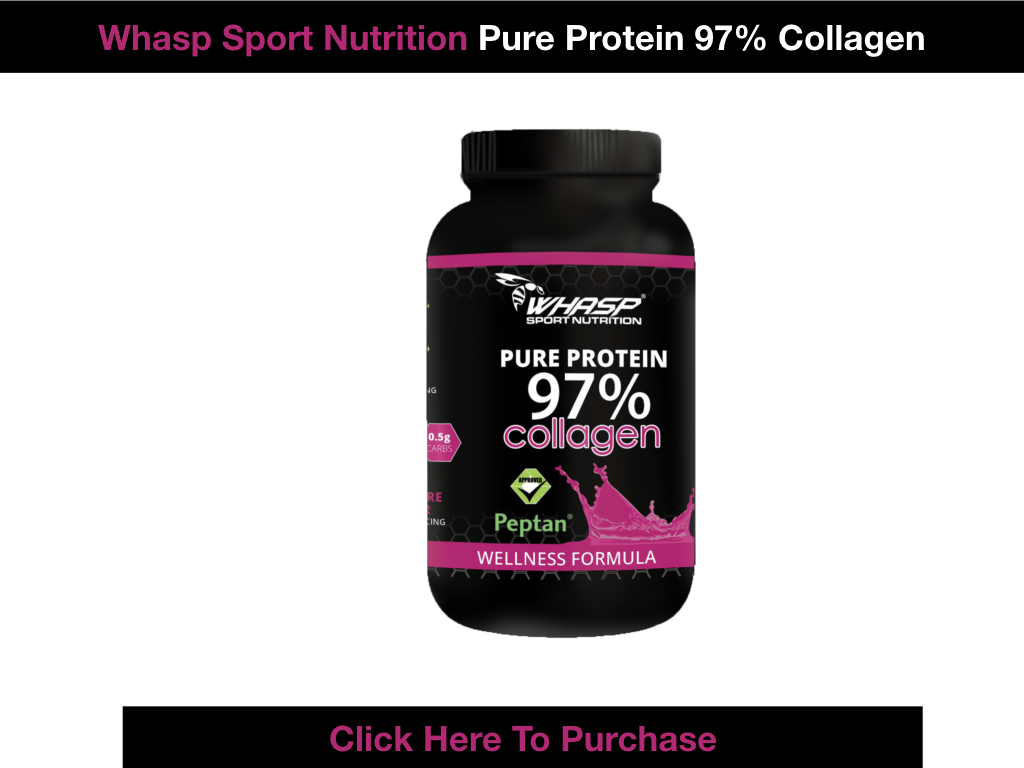
Why You Should Include A Collagen Supplement In Your Diet
As cyclists we are well aware of the basics of nutrition, including the need for adequate carbohydrates, fats and proteins to fuel us during rides as well as help us recover after rides.
What we too often overlook however in our protein intake, is the amino acid profile of the proteins we consume. Recently the role of collagen in our diet has been in the spotlight, and for good reason as it can deliver benefits far beyond just building muscle.
Let’s take a look at what collagen can do for your recovery and performance, with this information from Peptan.com :
“Peptan® collagen peptides are so-called Type 1 Collagen Peptides. This means they are identical to the collagens found in human bones and skin. Peptan® is a high-purity, natural bioactive product, containing more than 97% protein (on a dry weight basis).”
What role do collagen peptides play in sports nutrition?
According to peptan.com , the manufacturers of Peptan®, the following are the benefits you can enjoy from Peptan® collagen supplementation:
Muscle Restoration
During and after long periods of exercise, protein loss can occur in the muscles as their structural integrity is compromised by oxidation, membrane microlesions and inflammatory reactions. A high protein sports nutrition diet just after exercise may enhance muscle anabolism, replacing lost proteins and helping to maintain and restore the protein content of the muscles while also reducing recovery time.
Aiding muscular contraction
Muscular function is dependent on the energy produced by the breakdown of a compound called adenosine triphosphate (ATP) in cells. Creatine is a molecule consisting of three amino acids – glycine, arginine and methionine – that can aid muscular contraction during periods of high intensity exercise and also helps to replace depleted ATP levels. Peptan, which consists of 20% glycine and 8% arginine, can support the synthesis of creatine in the body to improve performance during short bursts of exercise and help athletes to increase their body mass.
Providing energy for performance
Oral arginine supplements may also have a beneficial effect on athletic performance, even at a low dose.4 A daily recommended dose of 10g of Peptan produces almost 1g of arginine per day. A study showed that by ingesting 1g supplements of arginine and ornithine taken five days per week for five weeks for sports nutrition can increase strength. Studies suggest that arginine stimulates the release of growth hormone from the pituitary gland, which may explain performance improvement.
Supporting connective tissues and preventing injuries
Peptan can support joint health by regenerating cartilage and reducing joint inflammation, as demonstrated in a recent in-vivo study7. Peptan can increase the production of cartilage matrix, aggrecan and type II collagen8. An in vivo study also demonstrated a significant increase in collagen fibril diameter of the Achilles tendon after collagen peptides supplementation for 8 weeks9.
In a large-scale study of different categories of athletes, those taking a mix of collagen peptides, BCAA and arginine over a period of two years experienced a decreased tendon, ligament, joint and muscle injury rate10.
Collagen peptides may help protect the joint matrix and help to reduce joint discomfort. A clinical study has shown that Peptan can help reduce joint stiffness11. A smaller, placebo controlled study13 confirmed that consuming a collagen supplement with vitamin C, followed by a burst of intensive exercise, can help build ligaments, tendons and bones, and likely play a beneficial role in injury prevention and tissue repair. Additional clinical evidence for injury prevention are reported on athletes by Baar, 201514, and Ribas-Fernandez, 199815.
Weight management with sports nutrition
Known to be among the most satiating macronutrients, proteins can prevent cravings and help people reach their fitness and weight goals. Peptan collagen peptides are particularly renowned for their ability to help individuals lose or maintain weight when incorporated in weight management formulations. An in vivo study conducted in 2006 by the Laboratory of Physiology and Ingestive Behavior, INRA-AgroParis Tech (Paris, France), showed that Peptan is more effective than a standard dairy protein in weight management.
A 2009 study demonstrated the improved satiating effect of collagen peptides on humans, in comparison to other proteins. The study showed that collagen peptides – taken alone or supplemented with tryptophan – are 30 to 50% more satiating than casein, soy or whey.16








